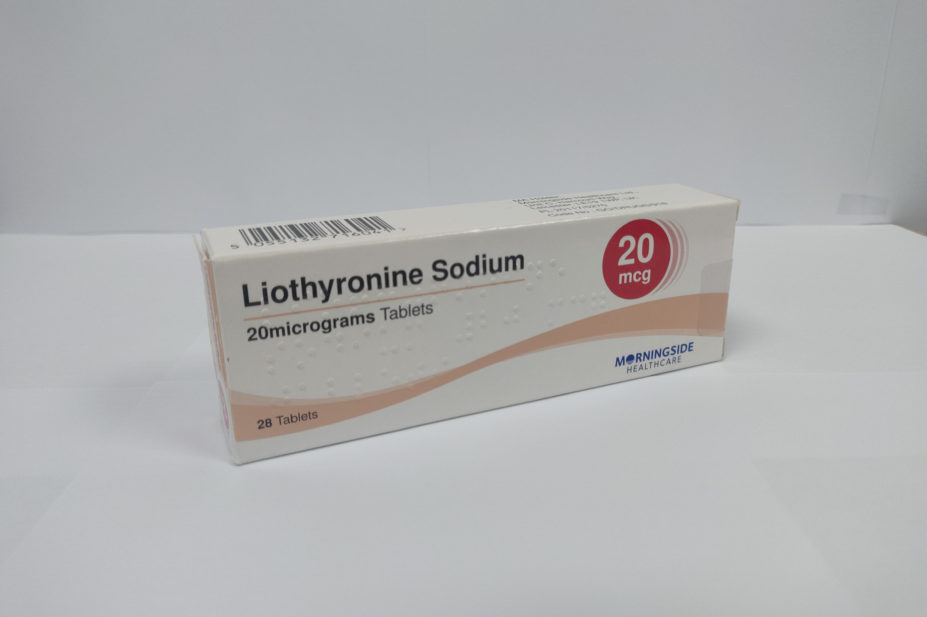
Shutterstock.com
Many patients with hypothyroidism are still being denied treatment with liothyronine as guidelines advocating its use in some groups are being inconsistently applied across England, a report has warned.
A survey carried out by a number of patient thyroid charities found that 58% of clinical commissioning groups (CCGs) are continuing to withdraw, refuse or reduce liothyronine (also known as T3) prescriptions.
Of 106 CCGs whose policies were reviewed, only 38 (36%) seemed to be in line with NHS England guidance, although 13 of those included additional conditions in their policies, such as the requirement for a shared care agreement between primary and secondary care, which made treatment hard to get, the report concluded.
For the 61 CCGs found to not follow national guidance on prescribing of liothyronine in those patients for whom alternatives do not work, 12 had policies of either do not prescribe; not on formulary; deprescribe; or prior prescribing committee approval needed.
A further 27 CCGs said prescribing could only happen in secondary care and 7 CCGs allowed prescribing in hospital only in the event of extreme symptoms.
The report said that 22 CCGs (21%) surveyed did not allow new patients to be prescribed the treatment.
Overall, the report found that guidance on liothyronine at most CCGs is out of date.
The charities say that many patients are forced to buy the drug privately and, in 2021, the Competition and Markets Authority fined three companies a combined total of more than £100m for hiking the price of liothyronine treatment by more than 1,000% between 2009 and 2017.
In the report, the charities note that while the National Institute for Health and Care Excellence does not actively make recommendations for liothyronine, it does link to the Regional Medicines Optimisation Committee’s guidelines.
The Thyroid Trust, one of the charities behind the report, said NHS England had written to them in July 2021 to confirm that they expect local health authorities to allow prescribing of liothyronine in cases when levothyroxine alone has failed to resolve symptoms of hypothyroidism as the national guidance suggests.
“National guidance from NHS England is clear that T3 should be made available to these patients and yet local areas are simply not following this,” said Jacob Lant, head of policy and research at Healthwatch England.
A spokesperson for the NHS said: “In line with guidance, it is for individual clinicians to determine if patients in their care should be prescribed liothyronine.
“In exceptional circumstances, where a specialist doctor has recommended this medicine, a decision is made as part of a shared conversation between the patient and the healthcare professional managing their care.”
Read more: Hypothyroidism — causes, diagnosis and treatment


